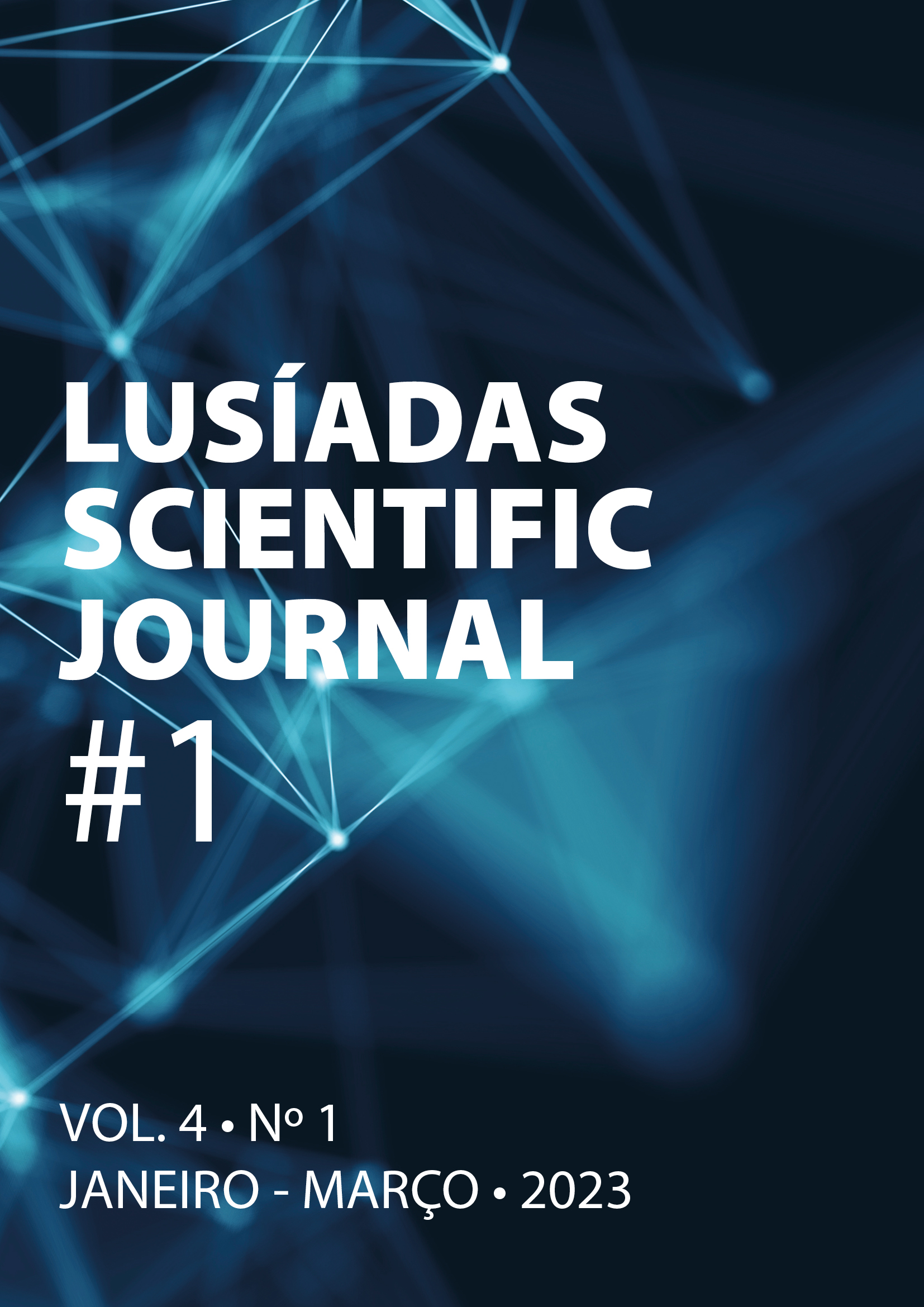Perspective Articles
To Be or Not to Be – The Role of Humanities in Medical Education
Main Article Content
Article Details

This work is licensed under a Creative Commons Attribution 4.0 International License.
References
Bendapudi NM, Berry LL, Frey KA, Parish JT, Rayburn WL. Patients' perspectives on ideal physician behaviors. Mayo Clin Proc. 2006;81:338-44. doi: 10.4065/81.3.338.
Gawande A. Being mortal: Medicine and what matters in the end. New York: Metropolitan Books; 2014.
Kollmer Horton ME. The orphan child: humanities in modern medical education. Philos Ethics Humanit Med. 2019;14:1. doi: 10.1186/s13010-018-0067-y.
Macnaughton J. The humanities in medical education: context, outcomes and structures. Med Humanit. 2000;26:23-30. doi: 10.1136/mh.26.1.23.
Kirklin D. The Centre for Medical Humanities, Royal Free and University College Medical School, London, England. Acad Med. 2003;78:1048-53. doi: 10.1097/00001888-200310000-00023.
Charon R, Williams P. Introduction: The humanities and medical education. Acad Med. 1995;70:758–60.
Charon R. The patient-physician relationship. Narrative medicine: a model for empathy, reflection, profession, and trust. JAMA. 2001;286:1897-902. doi: 10.1001/jama.286.15.1897.
Charon R. To See the Suffering. Acad Med. 2017;92:1668-70. doi: 10.1097/ACM.0000000000001989.
Charon R. Narrative reciprocity. Hastings Cent Rep. 2014;44:S21-4. doi: 10.1002/hast.264.
Peters RS. The concept of education. London: Routledge and Kegan Paul; 1967.

